What is Mixed Reality?
The Revolutionary World of Mixed Reality in Business
Mixed Reality (MR) combines the best of both worlds – the real and the digital. It blends the benefits of Augmented Reality (AR) and Virtual Reality (VR) to create a new and exciting way of interacting with the digital world. With MR, users can see and manipulate digital objects in the real world, just like in AR. However, MR takes it one step further by allowing users to interact with those digital objects in a fully immersive way, just like in VR.
By combining the strengths of AR and VR, MR allows users to visualize complex objects and scenarios beyond a piece of paper, making it a powerful tool for industries like entertainment, gaming, training, engineering, construction, healthcare, and manufacturing.
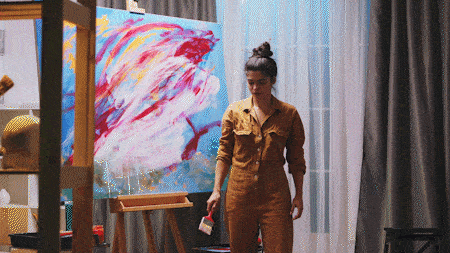
Know the Difference
Mixed Reality vs. Augmented Reality vs. Virtual Reality
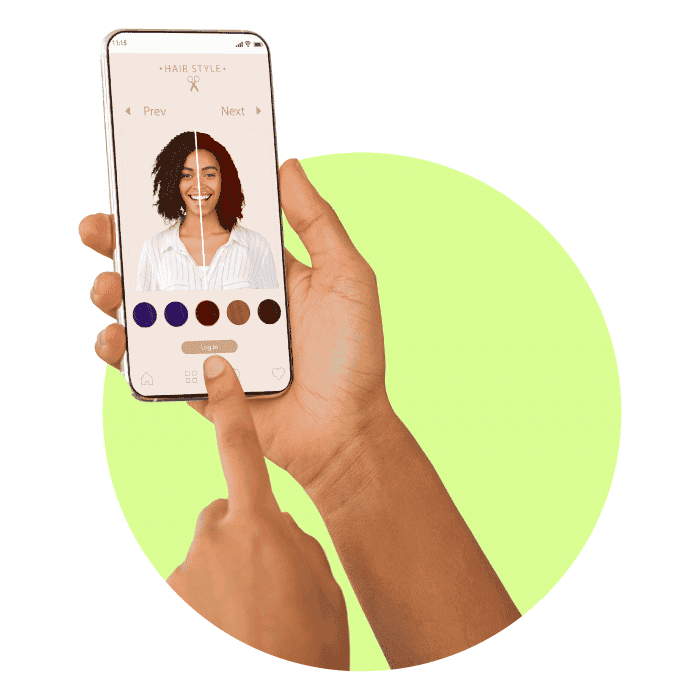
Augmented Reality
Enhances the real world with computer-generated images and information.
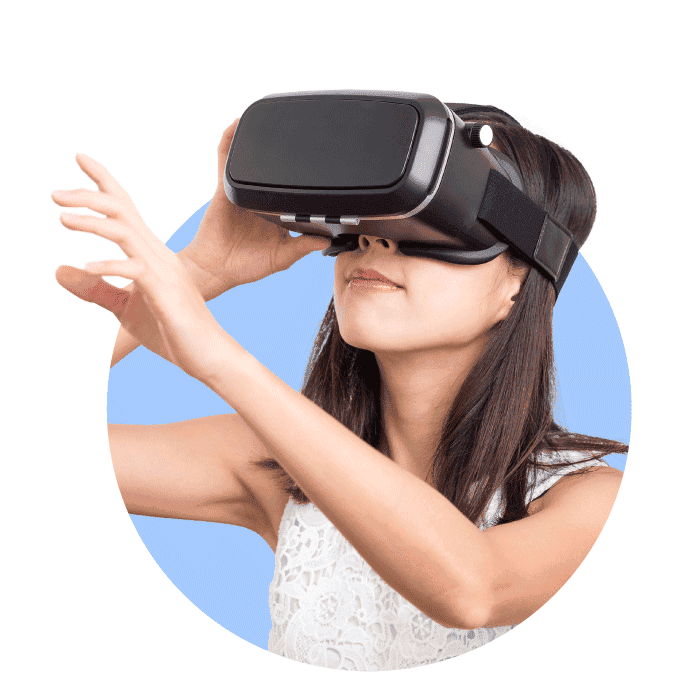
Virtual Reality
Creates a completely immersive digital experience.
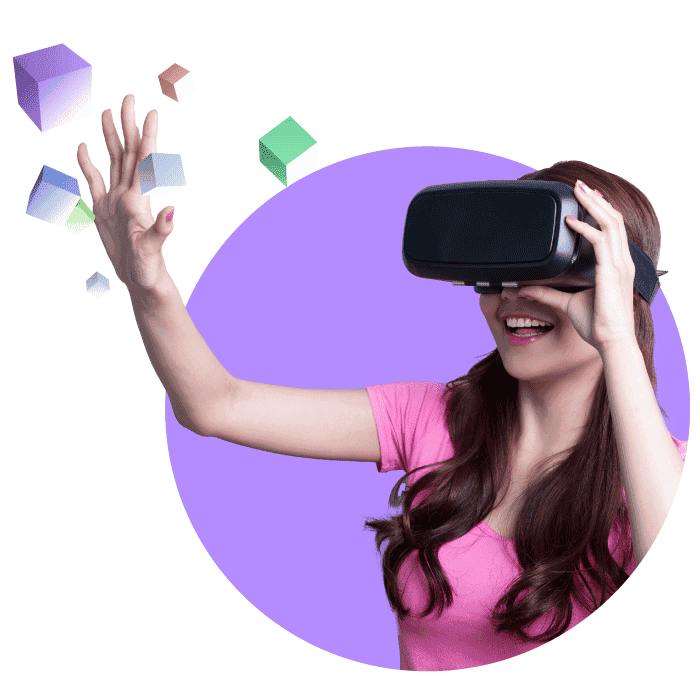
Mixed Reality
Allow users to interact with digital objects in the real world.
How Businesses Can Benefit
Unlocking the Potential of Mixed Reality
Boost Workplace Efficiency: Mixed Reality can help businesses maximize productivity and reduce unnecessary waste by streamlining processes and providing real-time access to subject matter experts.
Embed Real-Time Collaboration: With Mixed Reality, multiple parties can collaborate in real-time on-site, improving communication and problem-solving capabilities.
Enhanced Training and Education: Mixed Reality can provide employees with more engaging and effective training resources, leading to improved learning outcomes and better on-the-job performance.
Reduce Maintenance Times: By providing step-by-step guidance and real-time data, Mixed Reality can help technicians reduce maintenance and support call times, increasing efficiency and reducing downtime.
Streamline Complex Processes: Mixed Reality can help businesses optimize and streamline complex processes, increasing efficiency and productivity.
Capture Complex Data: Mixed Reality can help businesses capture and contextualize complex data, allowing for improved decision-making and better insights into business operations.
Have A Requirement Or An Idea To Discuss?
MR Business Applications
How Businesses Can Leverage MR to Drive Success
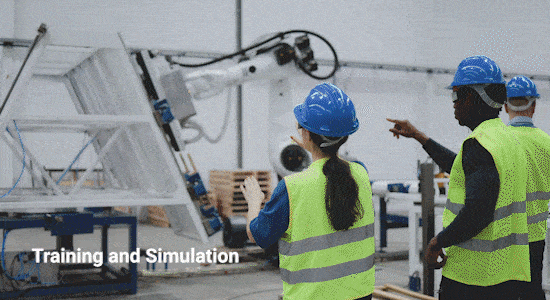
MR can be used for creating and testing 3D models of products, allowing businesses to prototype and iterate on designs quickly and cost-effectively.
MR can be used for facilitating remote collaboration and communication, allowing teams to work together in real time regardless of their physical location.
MR can be used to provide technicians with step-by-step instructions and visual aids for performing maintenance and repair tasks, leading to improved efficiency, reduced downtime, and increased safety.
MR can be used to provide students with immersive and interactive learning experiences, leading to improved learning outcomes and increased engagement.
MR can be used for simulating real-world scenarios and providing employees with hands-on training, leading to improved learning outcomes and increased productivity.
MR can be used for creating immersive product demos and providing customers with a unique and engaging experience, leading to increased brand awareness, higher engagement, and better customer acquisition.
MR can be used to provide medical professionals with new and innovative ways to visualize and interact with patient data, leading to improved diagnosis, treatment, and patient outcomes.
MR can be used for providing virtual tours of properties and allowing potential buyers to visualize and customize their future homes, leading to improved customer satisfaction and increased sales.
How to get started?
Mixed Reality Application Development
Developing a Mixed Reality (MR) application involves creating a digital experience that seamlessly blends with the real world. This is done by overlaying digital elements on top of the physical environment using specialized techniques such as MR headsets or mobile devices with MR capabilities. By partnering with experts, they can provide guidance on using best practices and intuitive interactions that enhance the overall user experience.
At Fingent, the development process typically involves choosing a suitable platform and development toolset, designing the user experience, creating 3D models of digital objects, and integrating them into the real world using sensors and cameras. The application is then thoroughly tested and refined to ensure a seamless and immersive user experience.

Concept Art

Story Boarding

UI/UX Design

3D Modeling

Animation

Sound Design

Q/A Testing

Deployment

Content Development
Estimate the Spend
Cost of Developing a Mixed Reality Application
The cost of developing a mixed reality application will count on the complexity of the application, the type of hardware needed, the level of customization required, and the development team’s experience and skill set.
The cost can be broken down into several components-
- Hardware costs
- Software and development tools
- Creation of 3D models, animations, and interactive elements
- Expertise in both software development and MR technology
To ensure the development of a successful mixed reality application, working with an experienced development team that understands the intricacies of mixed reality development is essential. A skilled development team can help identify potential cost-saving measures and optimize the application’s performance, resulting in a more cost-effective and efficient development process.
Want A Cost Estimate For Your Project?
Insights
More Insights on Virtual Reality App Development
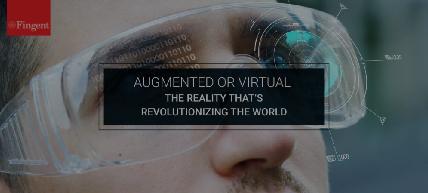
Augmented Reality Vs Virtual Reality – The Future Technology
A few years back, Augmented Reality (AR) and Virtual Reality (VR) sounded revolutionary, more like the utopian world of the Jetsons. But today, with miraculous capabilities of accomplishing seemingly impossible tasks, AR and VR are invading our lives.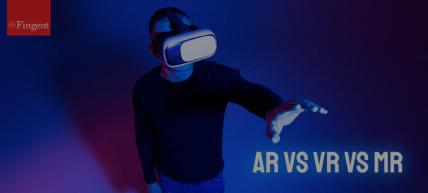
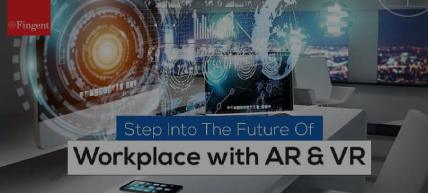


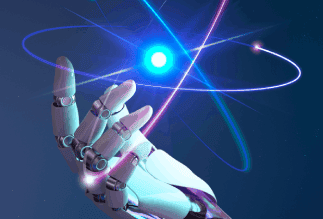
 US
US Insurance
Insurance









































